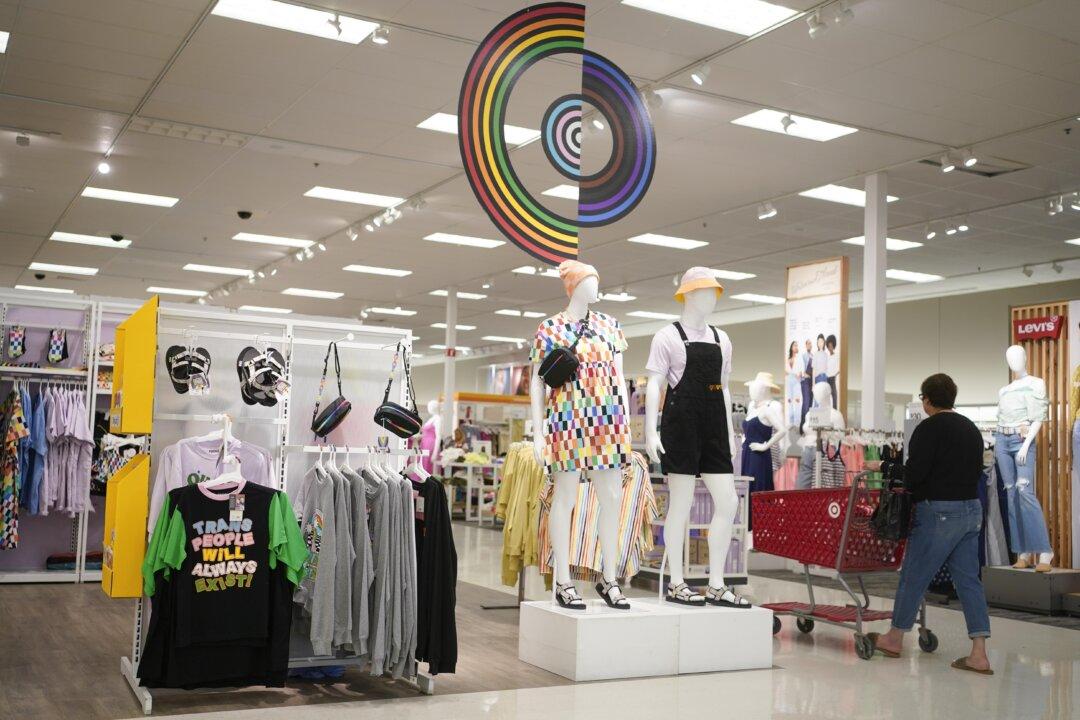Some 200 left-leaning groups have demanded that Target fully restock all its Pride merchandise and release a public statement pledging its allegiance to the LGBT community.
The progressive coalition, which includes groups with a broader mandate like the National Association of Social Workers as well as ones more narrowly focused on LGBT interests like Grand Forks OUT and Proud, made the demands in a joint statement on June 7.





